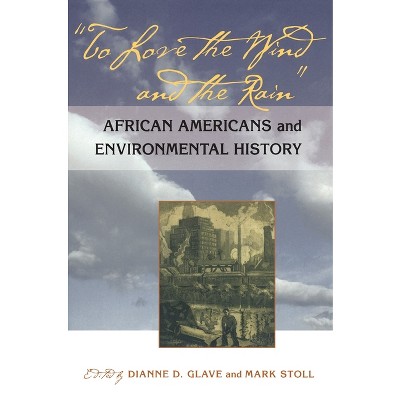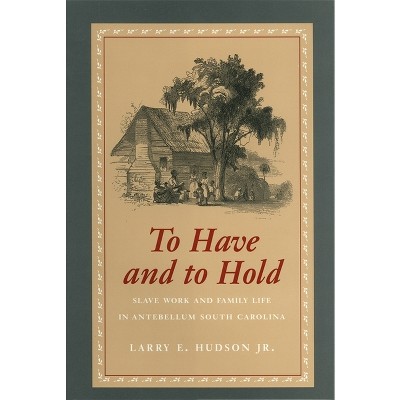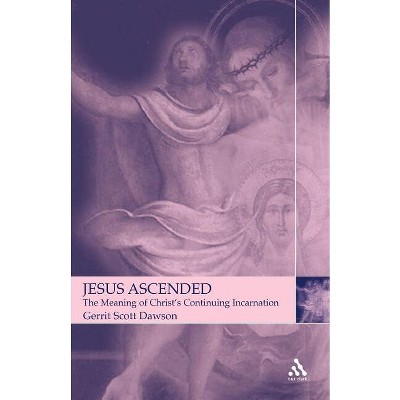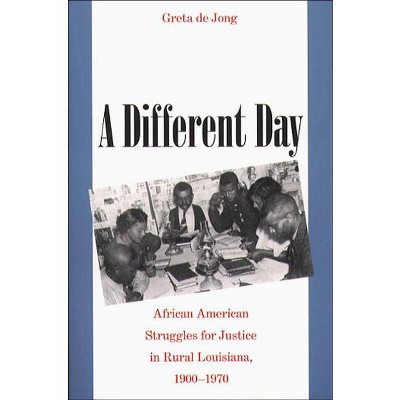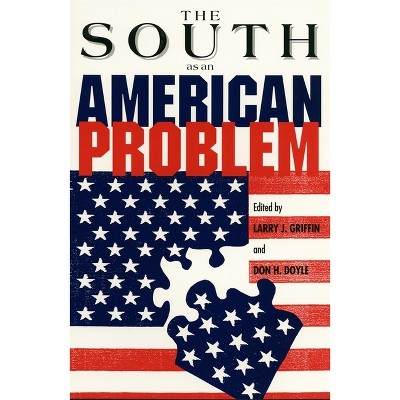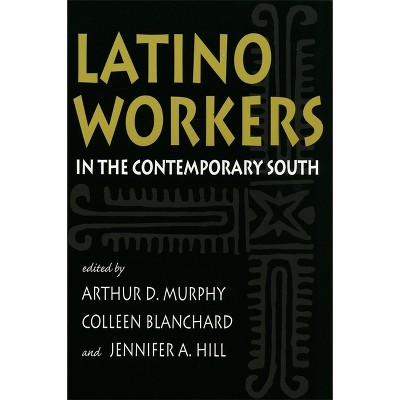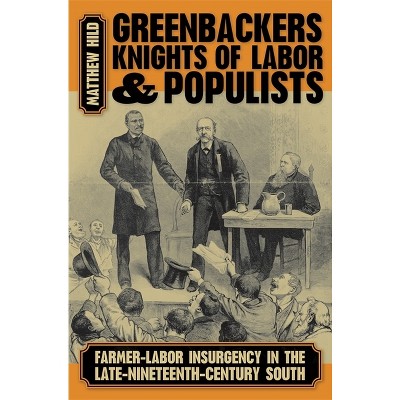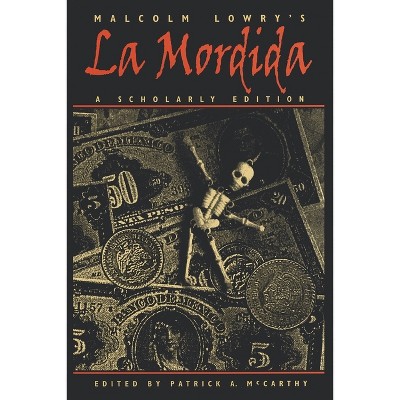About this item
Highlights
- Looking closely at both the slaves' and masters' worlds in low, middle, and up-country South Carolina, Larry E. Hudson Jr. covers a wide range of economic and social topics related to the opportunities given to slaves to produce and trade their own food and other goods--contingent on first completing the master's assigned work for the day.
- About the Author: LARRY HUDSON is an associate professor of history at the University of Rochester.
- 264 Pages
- Social Science, Minority Studies
Description
About the Book
Looking closely at both the slaves' and masters' worlds in low, middle, and up-country South Carolina, Larry E. Hudson Jr. covers a wide range of economic and social topics related to the opportunities given to slaves to produce and trade their own food and other goods.Book Synopsis
Looking closely at both the slaves' and masters' worlds in low, middle, and up-country South Carolina, Larry E. Hudson Jr. covers a wide range of economic and social topics related to the opportunities given to slaves to produce and trade their own food and other goods--contingent on first completing the master's assigned work for the day. In particular, Hudson shows how these opportunities were exploited by the slaves both to increase their control over their family life and to gain status among their fellow slaves.
Filled with details of slaves' social values, family formation, work patterns, "internal economies," and domestic production, To Have and to Hold is based on a wide variety of primary and secondary sources, emphasizing wherever possible the recollections of former slaves. Although their private world was never immune to intervention from the white world, Hudson demonstrates a relationship between the agricultural productivity of slaves, in family situations that range from simple to complex formations, and the accumulation of personal property and social status within slave communities.From the Back Cover
Looking closely at both the slaves' and masters' worlds in low, middle, and up-country South Carolina, Larry E. Hudson Jr. covers a wide range of economic and social topics related to the opportunities given to slaves to produce and trade their own food and other goods - contingent on first completing the master's assigned work for the day. In particular, Hudson shows how these opportunities were exploited by the slaves to both increase their control over their family life and to gain status among their fellow slaves. Filled with details of slaves' social values, family formation, work patterns, "internal economies", and domestic production, To Have and to Hold is based on a wide variety of primary and secondary sources, emphasizing wherever possible the recollections of former slaves. Although their private world was never immune to intervention from the white world, Hudson demonstrates a relationship between the agricultural productivity of slaves, in family situations that range from simple to complex formations, and the accumulation of personal property and social status within slave communities. By capitalizing on these opportunities for autonomy, says Hudson, slaves not only tempered some of the daily brutalities of their lives but also prepared themselves for freedom, for it was the family group that most powerfully influenced the personalities of the slaves and it was in the slave quarters that the foundations of an African American culture were established.Review Quotes
An important contribution to slave studies . . . Although this volume is slender, the descriptions of slave life are thick and deep, rendering a more nuanced appreciation of both the hardships confronting slaves and the coping mechanisms of antebellum African Americans anchored on plantations.
-- "Journal of American History"No reader will come away from this book without having reconsidered and reimagined much of the conventional scholarly wisdom surrounding the slave family. . . . Hudson merits praise for this provocative study.
-- "H-SHEAR"About the Author
LARRY HUDSON is an associate professor of history at the University of Rochester.
